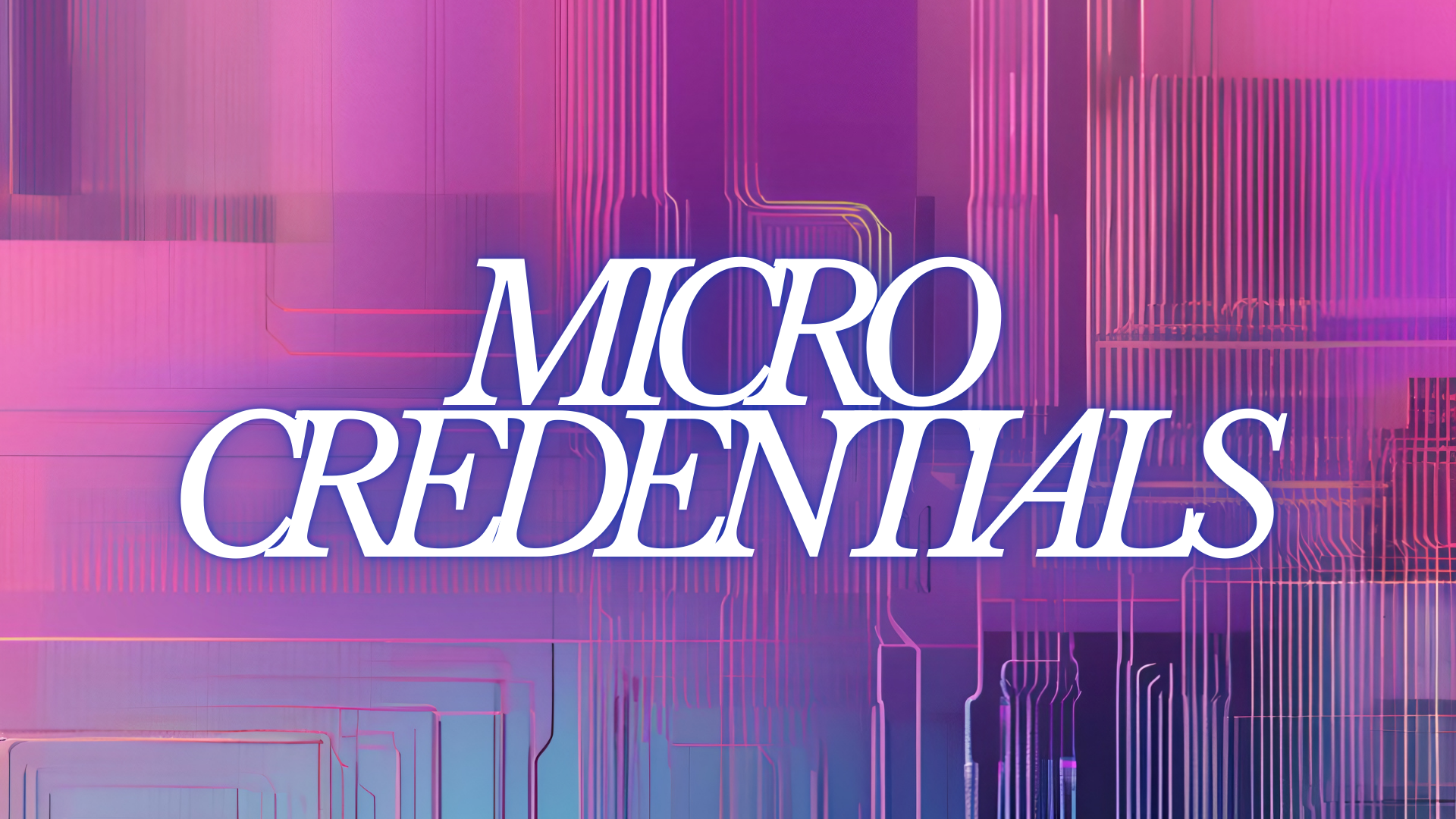How small certifications are reshaping the way we learn
In recent years, the world of education and professional training has been experiencing a quiet yet profound transformation: micro-credentials. These are specialized qualifications designed to certify specific skills, obtained in a short time and through flexible formats. Unlike traditional degrees, which often take years to complete, micro-credentials allow learners to fill skill gaps in just weeks or months.
What are micro-credentials?
Micro-credentials are short learning pathways that enable learners to acquire and demonstrate specific abilities, often directly applicable in the workplace. They can cover a wide range of subjects, from data analytics to digital marketing, from agile project management to emerging technologies.
Key features
- Short duration: designed to be completed within weeks or months.
- Targeted focus: dedicated to specific, practical skills.
- Flexibility: available online, in-person, or hybrid, often self-paced.
- Stackability: can be combined (“stacked”) into broader qualifications, including diplomas or degrees.
- Industry relevance: frequently developed with industry partners to match workforce demands.
Technical essentials and how they work
A micro-credential has value only if it is issued by an accredited institution or organization (such as universities, certified training bodies, or professional associations).
Issuance is carried out through systems that guarantee authenticity and traceability, usually by means of digital or qualified electronic signatures. This ensures that the certificate is secure, verifiable, and tamper-proof.
To ensure transparency and quality across Europe, the European Commission is developing a common framework for micro-credentials, making them recognizable in all Member States.
Different technological platforms can be used (university portals, dedicated providers, or national frameworks), depending on the issuing institution, but all must follow common standards of reliability and recognition.
Learners choose a micro-credential, follow a focused program, and provide evidence of their acquired skills (tests, project work, or practical assignments). An assessor reviews this evidence to decide whether the learner has met the required standard.
Two main approaches exist:
-
- Unbundling existing courses: breaking down degree programs into stand-alone modules (e.g., “Machine Learning” from a Data Science degree),
- Creating stand-alone courses: developing new short courses specifically designed to address emerging skills (e.g., Blockchain, Cybersecurity).
The impact
Micro-credentials are not just “digital badges”: they represent a competency-based learning approach, where skills and performance matter more than theory alone. They are ideal for lifelong learning, helping professionals keep their knowledge updated and competitive in fast-changing job markets.
Micro-credentials act as a bridge between universities and the job market. For students, they enrich the curriculum with targeted skills; for professionals, they offer a fast and recognized way to upskill or reskill. In today’s world, where learning never truly ends, micro-credentials are becoming a strategic tool for growth and competitiveness.
Micro-credentials do not replace traditional academic degrees, but they complement them. They are a crucial element of a more dynamic, inclusive, and workforce-aligned education system.
Micro-Credentials in the European Education Area
To maximize their potential, the European Union has adopted a unified approach to micro-credentials.
- EU Council Recommendation (June 16, 2022): established common guidelines for the development, issuance, and recognition of micro-credentials across Member States. Key principles include fostering a lifelong learning culture, ensuring quality and transparency, and promoting cross-border recognition.
- Mandatory standard elements of a micro-credential: learner’s name, issuing body, date of issue, learning outcomes, workload (in ECTS where possible), qualification level (EQF), type of assessment, and applied quality assurance system.
- European Digital Credentials for Learning (EDC): secure, legally valid digital certificates equivalent to paper diplomas, enabling learners to store and share their achievements across Europe through Europass.
- Unesco: at a global level, UNESCO is working towards a unified definition of micro-credentials to ensure portability and international recognition.
🔗 Official resources:



